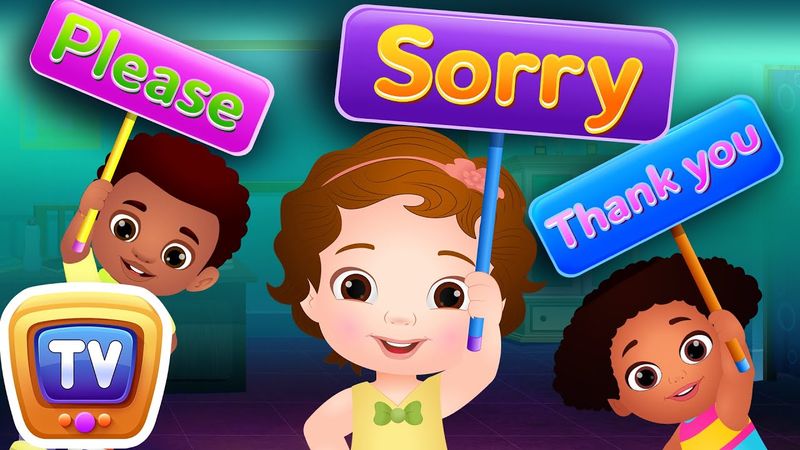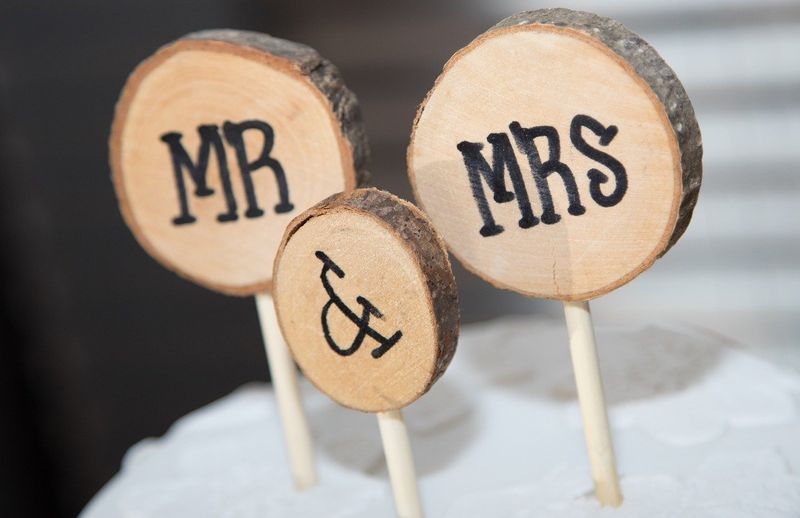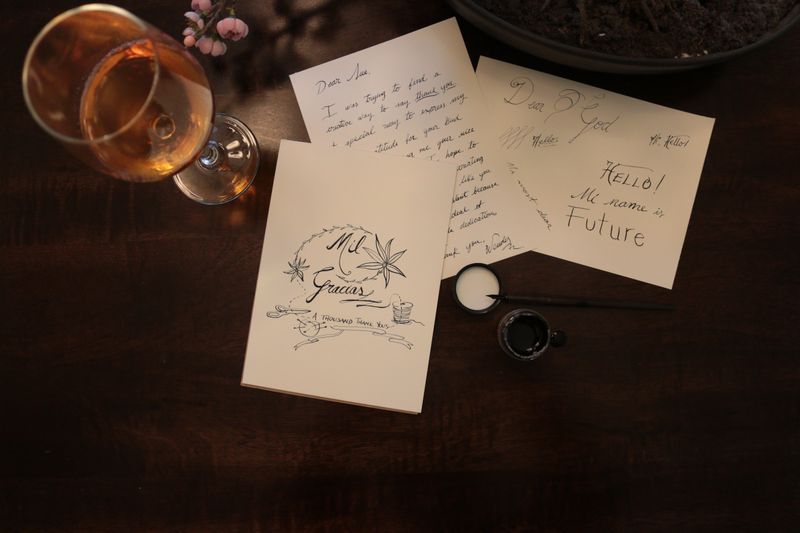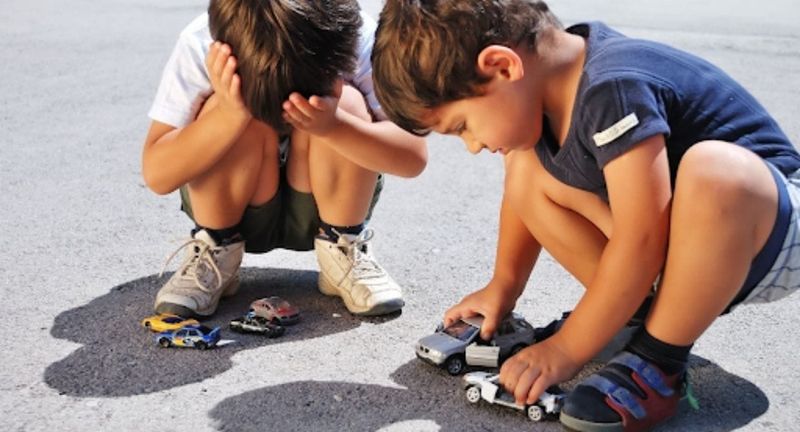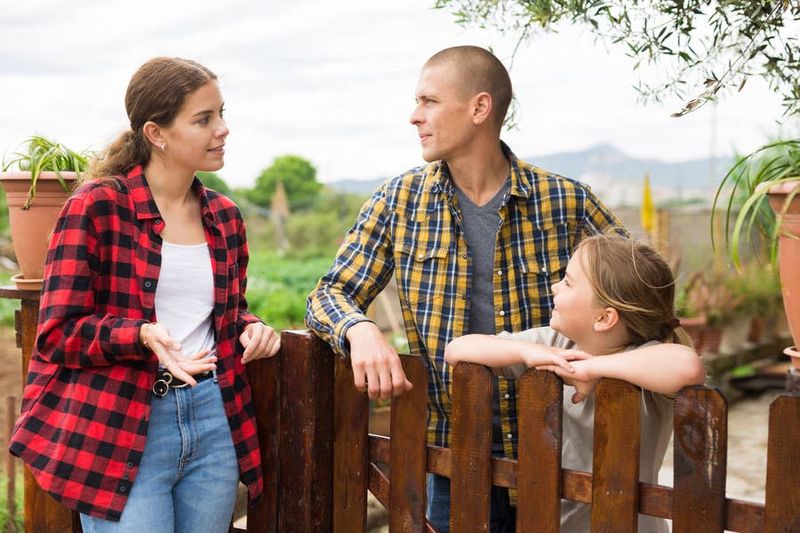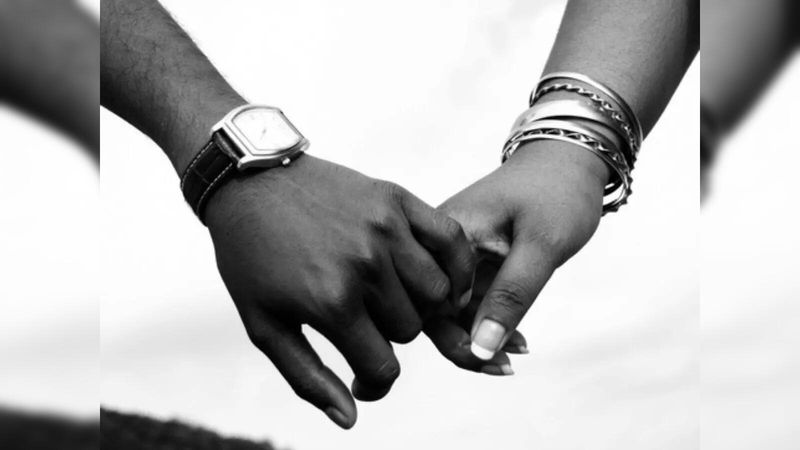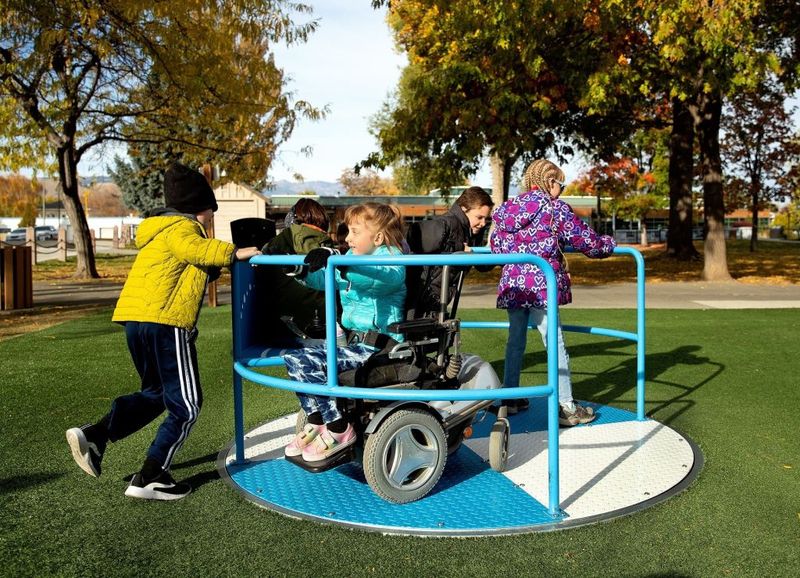Let’s be real—most of us have felt out of place at a dinner, fumbled an introduction, or wondered if we’re the only ones who still write thank-you notes.
You can spot the people who learned manners the old-school way. They’re the ones who make others feel seen, who move through the world with a quiet kind of grace.
This list isn’t about being perfect. It’s about showing up, treating people like they matter, and not letting the world harden you out of basic decency. If your parents drilled these into you, you’re probably the person who makes the day a little better for everyone around you.
1. Saying “Please” and “Thank You”
You remember those moments when you’d hesitate, plate in hand, and your mom shot you that look—a gentle warning that you’d forgotten the magic words. Funny how two simple phrases could change the whole mood around the table.
The truth is, saying “please” e "obrigado" isn’t about being formal. It’s about acknowledging that someone did something for you, even if it’s their job, even if they’re family. Every time you say those words, you’re quietly telling the world that you see the people doing the work.
There’s a ripple effect, too. You say "obrigado" to a barista who’s tired, and suddenly you’re both smiling. You say “please” to a stranger, and the air softens. Those small moments stick. Years later, you’ll remember who made you feel like you mattered—and so will they.
2. Addressing Adults Formally
Picture this: you’re a kid at your parents’ friend’s house and you call their mom by her first name. Instant silence, all eyes on you, and you feel like you just swore. That lesson hit hard. Formal titles—Mr., Mrs., or Miss—set a boundary and a tone that wasn’t stuffy but respectful.
It’s not about making adults feel superior; it’s about recognizing their experience. It’s about humility, that quiet acknowledgment that you’re young and still figuring things out. Even now, using formal titles can cut through awkwardness and give conversations a touch of dignity.
Nobody’s saying you should never use first names, but those old rules helped you move through new spaces with confidence. At times, the best way to show someone you respect them is to call them by the name they earned.
3. Standing for Introductions
You know the drill: someone new walks into the room and you actually get up. Not just a half-hearted wave from the couch. Rising to your feet sends a message—“I’m here, I see you, and you matter enough for me to stand.”
It’s funny how such a small gesture can carry so much weight. It’s not about being stiff or formal. It’s about being present, showing a little effort. Even at work or with friends, standing up for introductions breaks the ice and sets a mood that’s open, maybe even a bit generous.
When you stand, you’re inviting people in. It says, “You’re not just passing by—you matter to me, at least for this moment.” That’s rare, and people remember it.
4. Writing Thank-You Notes
You sit down, you choose your words, and you make the effort because someone bothered to think of you. Texts are quick, but a thank-you note? That’s deliberate.
You can remember how your parents insisted after every birthday or holiday: write a note, even if your hand cramped. It felt like a chore then, but it’s a gift now. You’re not just saying “thanks”—you’re showing that you cared enough to pause and reflect.
A thank-you note doesn’t need to be fancy. A couple of honest lines in your own handwriting can feel like a lifeline. People tuck these away, pull them out years later, and remember that someone valued what they did. That’s real connection.
5. Using Proper Table Manners
It’s wild how the click of a fork hitting the plate can bring back memories. Table manners aren’t about impressing people at fancy dinners—they’re about respect. Chewing with your mouth closed, keeping elbows off the table, not talking over each other—these things create calm in the chaos.
You learned these at home before you ever went out into the world. Maybe it felt strict or even pointless. But then you grew up and realized that people notice. Good table manners smooth out mealtime, letting conversations breathe and tempers cool.
Sometimes, rules like these keep the peace. You don’t have to be perfect, just aware. You make space for others at the table—literally and emotionally. That’s something everyone can appreciate.
6. Offering Assistance
Remember dragging yourself off the couch to help wash dishes at someone else’s house? You grumbled, but you did it. That instinct to pitch in, even when you’re tired or shy, is rare now.
Offering to help shows you see the work, not just the result. It’s not about earning gold stars or looking good. It’s a thumbs-up to your host, a way of saying “your time matters to me.” You’re not above chipping in, no matter where you are.
This habit sticks with you. At work, with friends, even strangers—people notice who steps up. The world’s heavy enough; lending a hand makes it lighter, bit by bit.
7. Covering Mouth When Coughing or Sneezing
You never forgot the look your teacher gave you the first time you sneezed without covering up—pure horror. Covering your mouth isn’t just old-fashioned, it’s basic decency. Tiny actions like this keep everyone healthier, which is something we all learned the hard way.
It’s not about being paranoid. It’s about respect. Even young kids pick up on this when adults model it with no drama, just simple consistency.
Next time you see someone sneeze into their elbow instead of the air, you notice. It’s one of those small things that separates people who learned to care from those who never thought about it.
8. Asking for Permission
A lot of us grew up hearing “Ask first!” more times than we could count. That’s because asking for permission isn’t about obedience—it’s about boundaries. It’s how you show you understand that not everything belongs to you, and not every space is yours to take.
Even now, you pause before borrowing a friend’s charger or entering someone’s room. That pause makes people feel safe, respected, and seen. It keeps relationships healthy, free from resentment that sneaks in when people act entitled.
There’s humility in asking, a bit of courage too. You’re admitting you don’t have a right to everything you want, and that’s a lesson not everyone learns. You did, and it still matters.
9. Dressing Appropriately
Have you ever felt out of place because you showed up underdressed—or overdressed? Dressing for the occasion isn’t about fashion rules. It’s about the silent ways we show respect for the people and spaces around us.
When your parents made you change before dinner with relatives or church, you probably rolled your eyes. But now, you get it.
Clothes are sometimes armor and sometimes they’re a bridge. They let you blend in or stand out—whatever respect demands. The world runs smoother when we notice the details. You notice, and it shows.
10. Waiting Your Turn
Patience is underrated. Standing in line as a kid, you probably counted the seconds, bouncing on your toes. Your parents didn’t let you cut or whine, no matter how long it took.
Waiting your turn isn’t just about lines. It’s about learning that you’re important, but not the only one who matters. In a world where everyone’s impatient, the person who waits quietly stands out.
You honor other people’s time by letting them go first. It’s not weakness. It’s strength—the kind that builds trust and makes you someone people want around. That’s the kind of person you turned into, one slow line at a time.
11. Apologizing Sincerely
No one likes admitting they’re wrong, least of all as a kid. But you learned fast: a real apology isn’t just words. It’s eye contact, maybe a shaky voice, and the willingness to sit with discomfort for a minute.
Your parents didn’t settle for “sorry” mumbled into your shoes. They wanted you to own it. That means naming what you did and listening—even when it’s hard. You’d be amazed how rare that is as an adult.
A proper apology has power. It heals, clears the air, and at times even deepens trust. If you learned to say you’re sorry like you mean it, you’re miles ahead of most people.
12. Greeting Others First
You know that awkward second when no one wants to speak first? The old rule: be the one to break the silence. Greeting people—neighbors, cashiers, co-workers—sets the tone for every interaction.
A simple “Good morning” can deflate tension or make someone’s day. It might feel small, especially if you’re shy. But every time you choose kindness first, you shift the energy in a room.
People crave to be acknowledged. When you greet first, you’re not shrinking back, you’re reaching out. That habit sticks with people, and it comes back to you when you need it most.
13. Offering a Firm Handshake
There’s a difference between a limp handshake and one that says, “I’m glad to meet you.” A handshake—just like eye contact—tells people who you are in a split second. Your parents probably practiced this with you before a job interview or school event.
A real handshake is about confidence, not dominance. It’s about showing up with intention, not crushing knuckles. Even now, in a world of waves and fist bumps, a solid handshake still feels like an introduction that matters.
People remember how you make them feel in that first moment. A proper handshake sets the tone, often before you even say a word.
14. Listening Without Interrupting
It’s tempting to jump in with your own story, especially when the room is buzzing. You were taught not to. Listening without interrupting is its own kind of respect.
Letting someone finish makes them feel heard. It gives you space to actually understand, not just reload your own thoughts. Try it next time you’re tempted to jump in; it’s harder than it sounds.
You learned the value of waiting for the pause. People open up around good listeners. You become the safe place in the chaos, and that’s irreplaceable.
15. Keeping Promises
Promises seemed simple when you were a kid—pinky swears, secret codes, handshake deals. But keeping your word stuck with you. Every time you followed through, people learned they could trust you, and that’s rare now.
Breaking a promise, even a little one, can stick with someone for years. Your parents made sure you learned that. The lesson: don’t say yes if you don’t mean it.
Keeping promises builds bridges, even when it’s inconvenient. You become someone whose word means something. That’s a kind of reputation you carry everywhere, whether you notice or not.
16. Making Eye Contact
You learned to look people in the eye—maybe you even practiced in the mirror. It’s not about staring. It’s about showing up, fully present.
Eye contact is one of those things that can make you feel exposed, but it also builds trust. It’s how you let someone know you’re not hiding, not bluffing, just being real.
The world is full of distractions. Eye contact cuts through the noise, even if your words aren’t perfect. People remember that more than anything you say.
17. Not Gossiping
You know the thrill of a juicy story—and the guilt that follows. Not gossiping is tough, especially in a world hungry for the next scandal. But your parents made you think twice before spreading someone else’s business.
Holding your tongue wasn’t about being a saint. It was about dignity—for you and the person not there to defend themselves. You learned to check yourself: “Would I want this said about me?”
The habit stuck. You’re the one people trust with their real stories. That trust is rare, and it’s worth more than being the first to know.
18. Including Everyone
You might remember the sting of being left out, or maybe you were the one who always reached for the outsider. Including everyone isn’t just polite. It’s a lifeline.
Your parents nudged you to invite the new kid, or to scoot over and make space. It was awkward, sure. But those moments taught you to look around and notice who needed a hand, a smile, or a seat at the table.
This habit grows with you. You spot the quiet ones, the ones who need a little nudge to join in. You offer it, not because you have to, but because you remember what it’s like to hope someone will.


